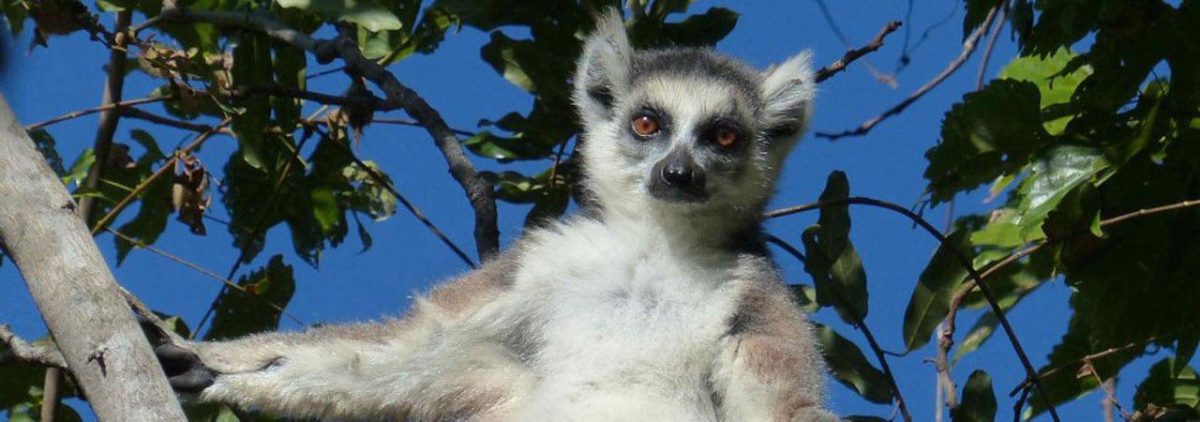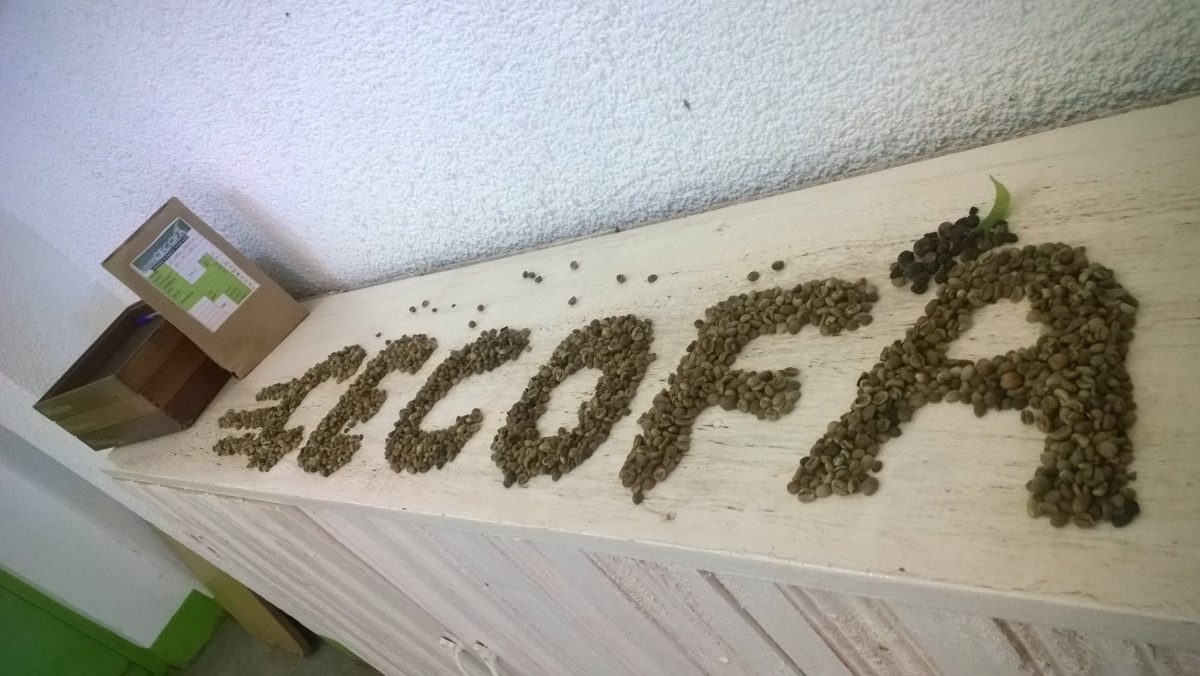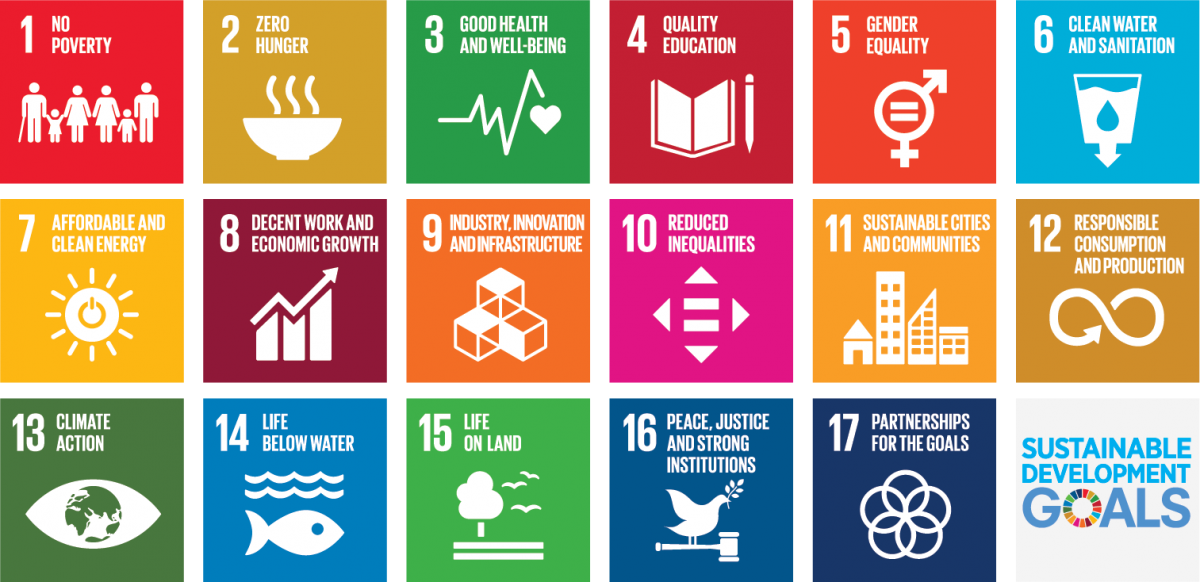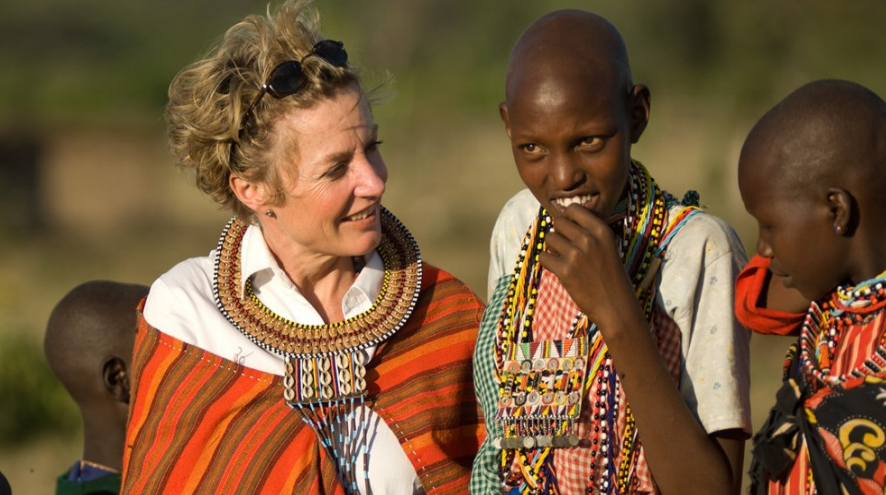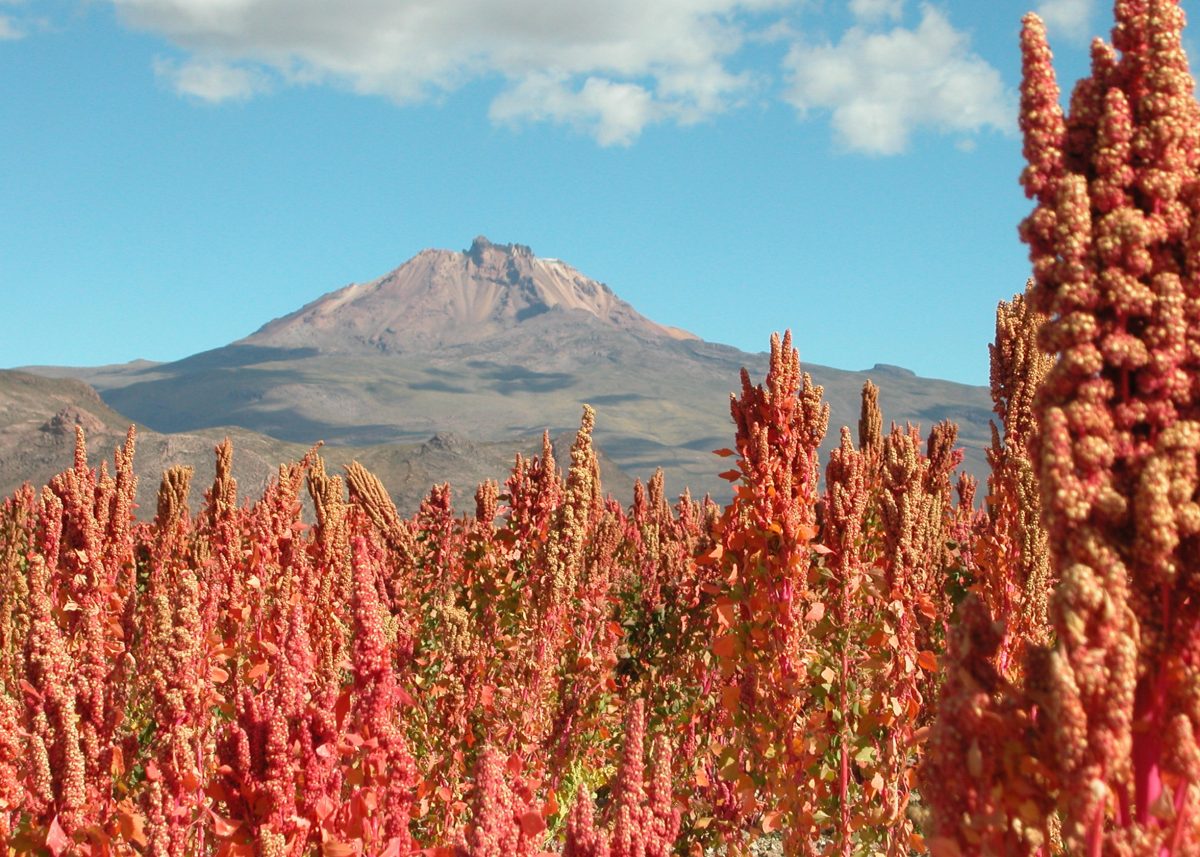The Trade for Development Centre and Ask Africa worked together on a market study to look into the popularity of ethical products in South Africa. The purpose of this study is to analyse the attitude of South Africans towards ethical products, certified Fairtrade, MSC, FCS, etc.
Ethical products in South Africa


